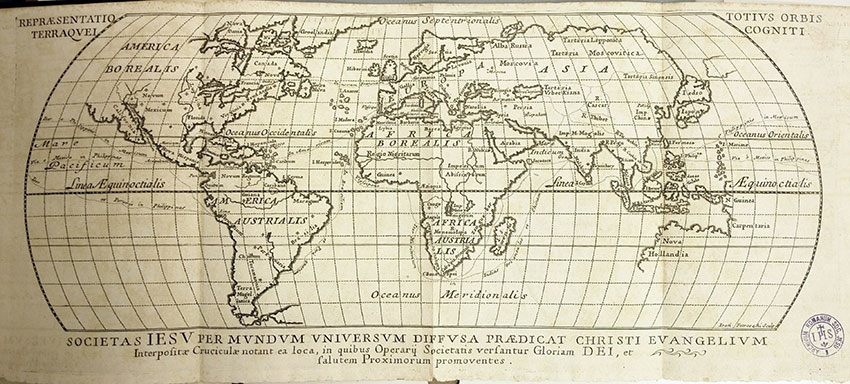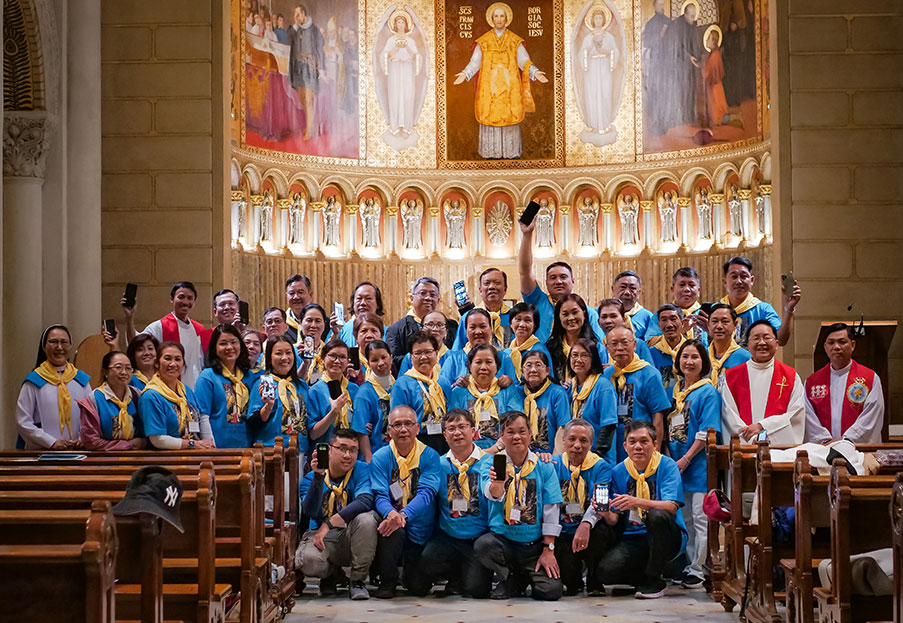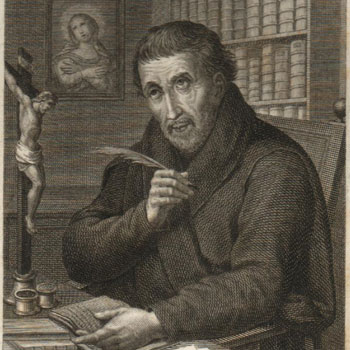Accompanying change in an Ignatian way
Every year in September, Father General brings together his Extended Council. This comprises his usual group of Assistants, who are joined by the Secretaries of the Sectoral Secretariats (Social Apostolate and Ecology, Service of Faith, Pre-Secondary and Secondary Education, Higher Education), the General Treasurer and the six Presidents of the Society’s Regional Conferences. This September’s meeting uses an original format, that of a “formation workshop” during which the members of the Council study in depth a theme useful for the governance of the Society.
During the week of 11 to 15 September, the workshop focused on the topic of change. Starting with the presentation of case studies, the participants will consider how the Society, in its past and recent history, has dealt with changing epochs, changes in society and changes in the Church. A link can easily be made between this topic and Father General’s recent document De Statu Societatis. This text, which Jesuits around the world will be studying over the next few months, includes a whole chapter entitled: “Epochal Changes in the World Challenge the Mission of the Church.” The document highlights the complexity of today’s world and mentions challenges such as the growth of forced migration, the new media ecosystem, situations of war and other forms of violence, and of course climate change. All of this can obviously force the Society of Jesus to change and adapt.
But
change is not something new. It has been present at every epoch of humanity and
many times in the history of the Society. On the first day of the Consiglio
Allargato meeting, Robert Danieluk, a Jesuit historian from the Roman
Archives of the Society of Jesus, was asked to present examples of how the
Society had, throughout its history, resisted, embraced or accompanied change.
As a subtitle to his presentation, Fr Danieluk chose the well-known adage: “God
writes straight with crooked lines.”

Throughout his life, St Ignatius himself had to face the unexpected and adapt. Of course, the first big change he experienced was his conversion. But then he had to revise his plans, having thought he would spend his life in the Holy Land. Later, he was unable to gather companions in Spain, a project that would have to wait for years. After he finally pronounced his vows in Paris with those known as the “first companions,” faced with the socio-political realities of the time that prevented them from going to Jerusalem, he had to opt for a “plan B,” which was to go to Rome instead and offer himself to the service of the Pope. Finally, he also had to change the way he had imagined being a “companion of Jesus” when he was elected Superior General.
A major point of the presentation - the one that can probably best highlight how adaptability to change is part of the DNA of the Society of Jesus - is this: Ignatius never really completed the Constitutions of the Order. He wanted to draw on the lived experience of Jesuits here and there in the world, and avoid fixing ways of doing things too quickly. The Constitutions had to take into consideration the transformations experienced by the world and by the Jesuits themselves. So this founding document proposes a spirit that must be translated into action in a context of constant renewal.
Throughout their history, relations with the Sovereign Pontiffs have also obliged Jesuits to exercise their sense of adaptation. As Jesuit historian John Padberg has pointed out, the relationship between the Papacy and the Society of Jesus has often been a bumpy one. The most tragic episode in the history of the Jesuits comes to mind: the suppression of the Society by Pope Clement XIV (1773), followed by its restoration by Pius VII (1814). After its restoration, adapting to the times and taking into account the harsh experience of the suppression, the Society was marked by conservatism and made extensive use of apologetics.
A clear change came later with the Generalate of Father Arrupe. He challenged his confreres to look at the world with new eyes. Adapting to rapid change became a characteristic of the Society.








